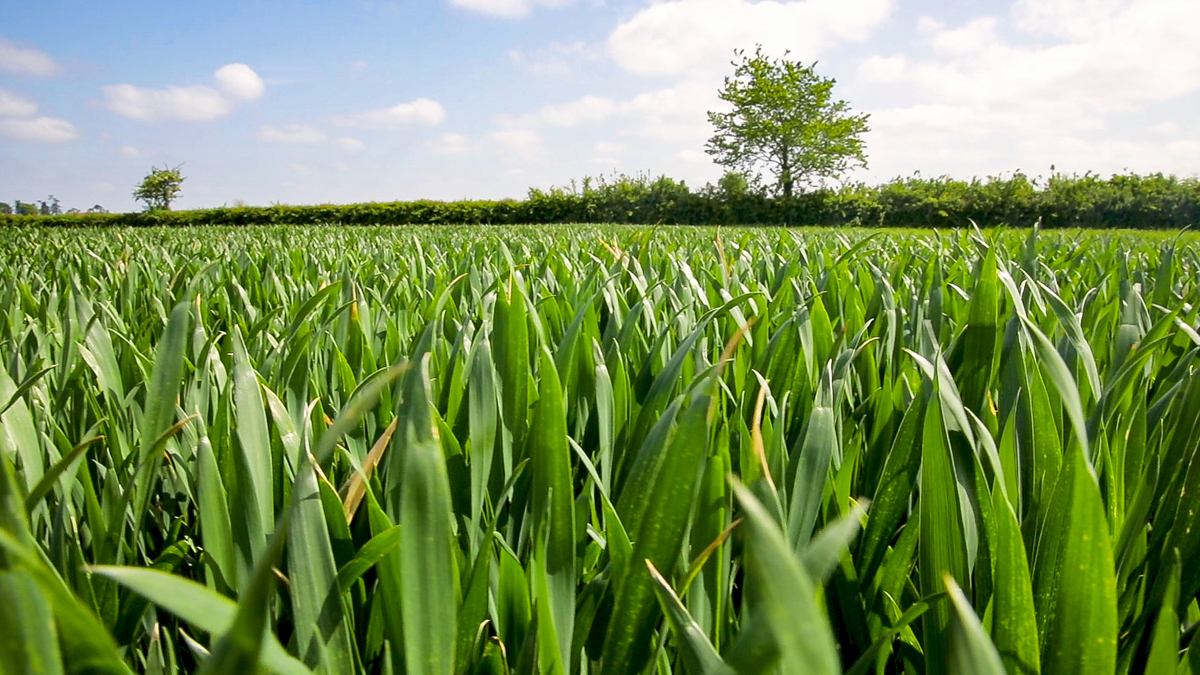An exemption to the crop diversification element of the good agricultural and environmental condition (GAEC) 7 for 2024 has been announced today (Wednesday, March 13).
Farmers will be exempted for 2024 from the two/three crop rule. However, tillage farmers will still be required to meet the obligations in relation to crop rotation by 2026.
Holdings with an arable area equal to or greater than 10ha must implement a crop rotation which requires at least two different crops to be sown at parcel level over a four-year cycle.
The derogation will give farmers the flexibility to grow one, two or multiple crops to suit their individual circumstances, Minister for Agriculture, Food and the Marine, Charlie McConalogue said.
“This exemption will allow farmers pick the crops that best suit their circumstances, taking account of the time of sowing, market returns and seed availability.
“It is critical that we provide the maximum support to tillage farmers and this derogation is in addition to the significant financial supports provided in 2023,” the minister said.
“Direct output from tillage over the period 2014-2018 averaged €640 million per annum. The adverse weather and seed shortage has restricted the crop options for tillage farmers this spring.
“Met Éireann data shows that most rainfall stations experienced more than 150% of the average rainfall in the July to December 2023 period.
“I’m satisfied that these weather events allow for the use of the force majeure option within the regulations,” the minister said.
GAEC 7
The main objective of GAEC 7 is preserving soil potential and it is applicable to arable land only. This standard has two implementing aspects – crop rotation and crop diversification.
Planned crop rotations improve soil quality and health where, for example, the rotation includes deep rooting crops such as brassicas (e.g. oil seed rape) and legumes (e.g. beans).
Crop rotation also has advantages in terms of weed, pest and disease control and, as a result, can help in achieving a reduction in the use of chemical pesticides.
The crop rotation element of this standard requires a change of arable crop once in a four-year cycle, the Department of Agriculture, Food and the Marine (DAFM) said.

The crop rotation element of this standard also incentivises rotation with cover crops which may be more suitable to holdings specialising in the production of barley for the malting and distilling industry.
As well as on smaller, arable holdings where compliance with the GAEC 7 crop rotation requirements presents various agronomic challenges, according to the DAFM.
Crop diversification, which forms the second element of this GAEC standard, also has environmental benefits and, as a practice, it can support a system of crop rotation.
